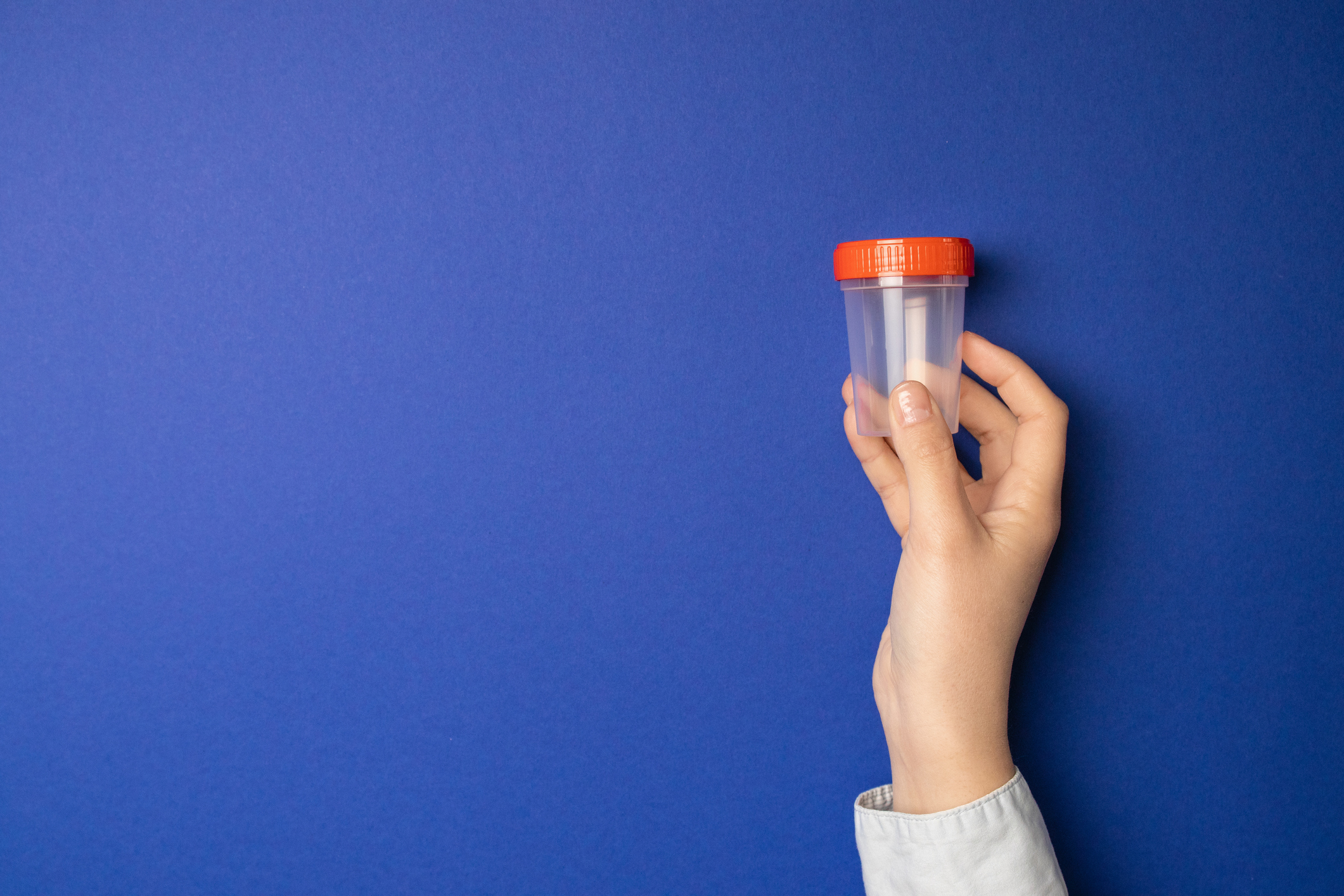

Having diabetes means more than just watching your blood sugar.
It means protecting yourself from a range of complications that can harm so many other parts of your body — your brain, heart, eyes, feet, and kidneys, for starters.
Older people in particular need to protect against falls, since diabetes makes debilitating fractures far more likely, especially if your blood sugar is poorly controlled.
Diabetes also makes you more prone to infections of all sorts, including urinary tract and bladder infections. In fact, diabetics are 10 times more likely to suffer from UTIs than the general population.
A new study has explained why people with diabetes are subject to this particularly frustrating (and often painful) type of infection…
Glucose gets in the way of preventing UTIs
Researchers at the Karolinska Institute in Sweden have found the connection between diabetes and those troublesome UTIs.
Psoriasin (having nothing to do with psoriasis) is a naturally occurring antibiotic that is part of our innate immune system.
The adaptive immune system acts only in response to the presence of a foreign substance like a virus, attacking and destroying that particular substance, while the innate immune system stands ready to destroy or block all “invaders.”
When left to do its job, psoriasin ensures that the bladder lining remains intact and protects against infections.
High concentrations of glucose, however, block the action of psoriasin. But the Swedish research team has found a way to counteract this…
Estrogen could help prevent UTIs
Annelie Brauner, professor in the Division of Clinical Microbiology at the Karolinska Institute, headed the current study.
Previously, she and her team had shown that treating bladder cells with estrogen (in both mice and humans) allowed those cells to regain their protective abilities.
Could estrogen hold the key to controlling bladder infections for people with diabetes, they wondered?
It could, indeed. And psoriasin was the connection.
They found that the presence of estrogen boosts levels of psoriasin.
This means that estrogen treatment could be a simple and straightforward way to prevent the frequent UTIs experienced by people with diabetes.
More research is needed into the underlying mechanisms that cause frequent infections of all sorts in people with diabetes, according to Prof. Brauner and her team.
But the present findings hold great promise.
Other infections that affect diabetics
In the meantime, we already have plenty of ways for people with diabetes to lower their risk of infections of all sorts.
Diabetic neuropathy is a form of nerve damage that can result from high blood sugar, a metabolic imbalance, or an infection. Tingling and pain in the feet, followed by sensitivity to touch and complete numbness are its hallmarks.
According to the CDC, the best ways for people with diabetes to prevent neuropathy are to maintain a healthy weight and blood pressure, limit alcohol, and get regular physical activity.
Diabetic kidney disease (also called diabetic nephropathy) keeps the kidneys from doing their job, which is to remove waste and excess fluids from the body.
When diabetes and blood pressure are poorly controlled, the delicate filtering system in the kidneys becomes damaged. Over time, if left unaddressed, this can lead to end-stage renal disease.
Studies show that eating vegetables that contain phenethyl isothiocyanate (PEITC), especially broccoli, radishes, turnips and watercress, can help prevent and even reverse kidney problems that arise from diabetes.
The bottom line: if you have diabetes, stay on top of it. Visit your doctor regularly, eat a healthy, whole-food diet and quit smoking (or don’t start).
And if you don’t have diabetes, following this advice can keep you from going down that road.
Sources:
New study explains link between diabetes and UTIs — Science Daily

